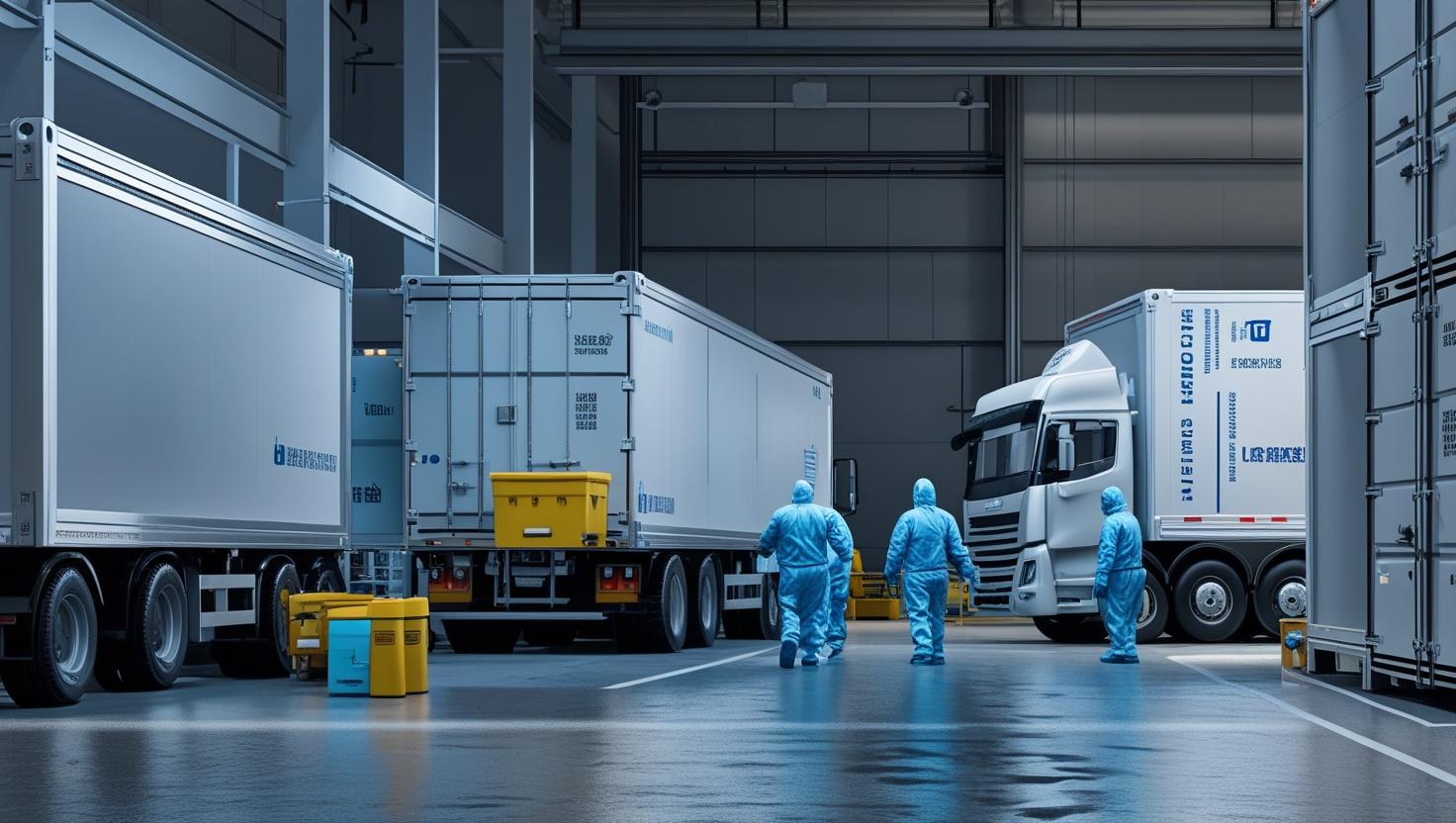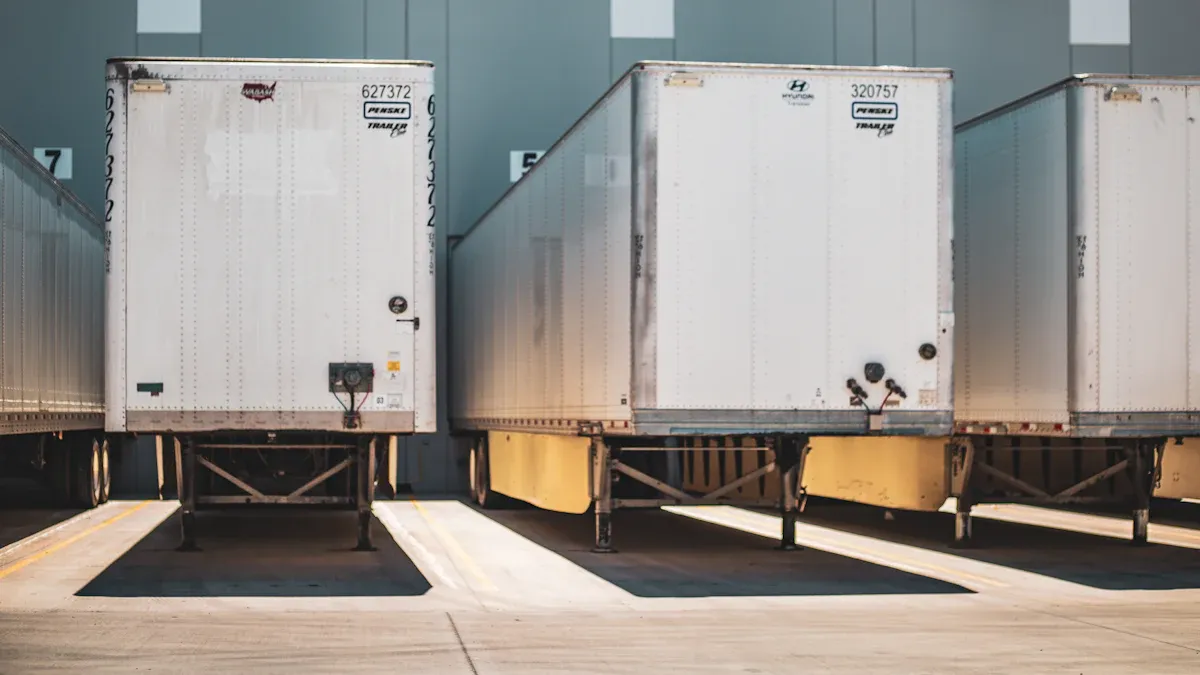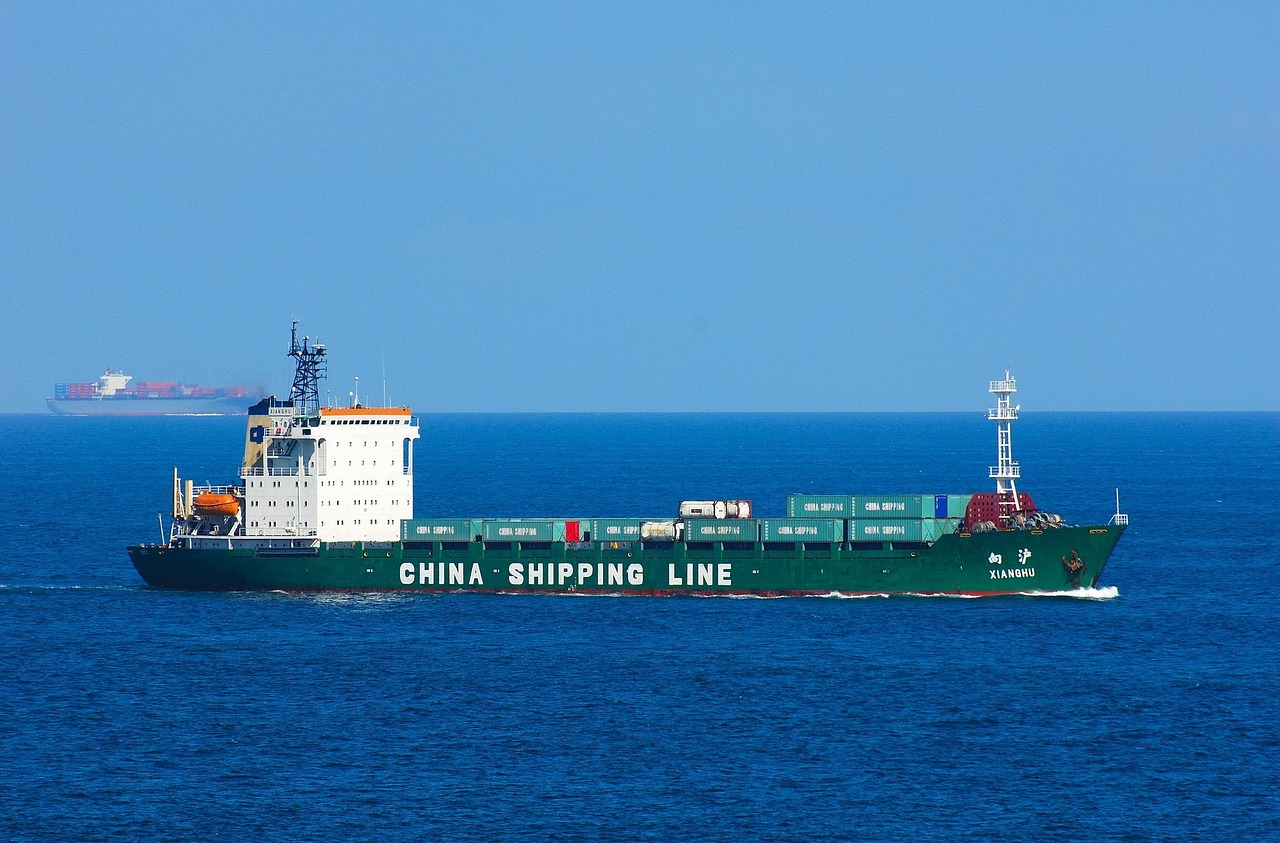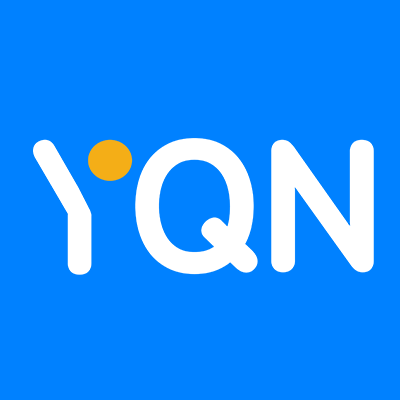3 Tips to Master Cold Chain Logistics: Find the Best Services Now

Cold chain logistics plays a vital role in preserving the quality of temperature-sensitive products. From vaccines to fresh produce, these goods rely on a seamless cold chain process to remain usable and safe. In this article, you will explore the 3 best practices for cold chain logistics.
What is Cold Chain Logistics
Cold chain logistics refers to the transportation and storage of temperature-sensitive products under controlled conditions. This process ensures that goods like vaccines, fresh produce, and other temperature-sensitive items maintain their quality and safety throughout the supply chain.
Cold Chain Shipping History
The concept of cold chain logistics dates back to the early 20th century when refrigeration technology began revolutionizing food storage and transportation. Early systems relied on ice and rudimentary cooling methods to preserve perishable goods. Over time, advancements in refrigeration and insulation materials paved the way for modern cold chain systems. Today, the cold chain logistics market is projected to reach $15.2 billion in revenue by 2024, with an estimated growth to $30.5 billion by 2033. This growth reflects the increasing demand for temperature-sensitive goods and the industry's commitment to innovation.
Cold Chain Logistics Challenges
Despite its importance, cold chain transportation faces several challenges that can disrupt operations. Common issues include unreliable power supply, which can compromise refrigeration systems, and limited internet connectivity, which affects real-time monitoring. Additionally, inadequate training for staff often leads to mishandling of cold chain products, jeopardizing their quality. Addressing these challenges requires investment in infrastructure, technology, and workforce development to ensure seamless operations.
Tip1: Understand Your Product's Specific Requirements
Assess Temperature Needs
Understanding the temperature requirements of your products is crucial for maintaining their quality during transportation. Different temperature-sensitive goods, such as vaccines, fresh produce, and pharmaceuticals, require specific thermal conditions to prevent temperature excursions. For instance, vaccines often need storage between 2°C and 8°C, while frozen foods may require temperatures below -18°C.
To ensure optimal conditions, you should evaluate technical reports and performance metrics that highlight the importance of thermal stability. For example:
Title | Summary |
|---|---|
Stable low temperature reversible thermochromic indicators for vaccine storage and transportation | This report discusses the development of indicators that ensure thermal stability for temperature-sensitive products. |
Achieving FDA and EMA Compliance in Temperature Monitoring | This report emphasizes optimizing temperature control processes to enhance supply chain reliability. |
Using validated insulated packaging and phase change materials (PCMs) can help maintain the required temperature range. Additionally, temperature monitoring devices provide real-time data, allowing you to address deviations promptly.
Ensure Regulatory Compliance
Adhering to cold chain regulations is essential for ensuring the safety and integrity of temperature-sensitive products. Regulatory bodies like the FDA and EMA set strict guidelines for temperature monitoring and documentation. Compliance not only protects your products but also builds trust with customers and partners.
The global regulatory compliance market is projected to grow from $21.16 billion in 2024 to $32.93 billion by 2029, reflecting the increasing importance of meeting industry standards. To stay compliant, you should implement Standard Operating Procedures (SOPs) that outline repeatable processes for handling temperature-sensitive goods.
Validation reports and audits ensure your operations align with cold chain regulations. By prioritizing compliance, you reduce risks and enhance the efficiency of your cold chain logistics.
Tip2: Choose the Right Cold Chain Service Provider
Finding the right cold chain companies is essential for maintaining the integrity of temperature-sensitive products. A reliable partner ensures smooth cold chain transportation and minimizes risks during transit.
Evaluate Certifications and Experience
Start by assessing the certifications and experience of potential providers. Certifications like ISO 9001 and ISO 22000 demonstrate adherence to quality management and food safety standards. Providers with extensive experience in handling temperature-sensitive goods are better equipped to manage challenges. Look for companies with a proven track record in cold chain shipping. Their expertise ensures your products remain safe and compliant throughout the supply chain.
Assess Technology and Infrastructure
Modern cold chain equipment and infrastructure play a critical role in ensuring product quality. Evaluate the provider’s cold chain technologies, such as temperature monitoring systems and insulated packaging solutions. Advanced tracking systems allow you to monitor shipments in real time, reducing the risk of temperature excursions. Additionally, assess their storage facilities and transportation fleet. Providers with well-maintained cold chain equipment and vehicles ensure consistent temperature control during transit.
When choosing a provider, consider key performance indices like financial stability, regional presence, and recent developments. A company’s SWOT analysis can also reveal strengths and weaknesses that impact service quality.
Company Overview
Business Strategy
Key Product Offerings
Financial Performance
Key Performance Indicators
Risk Analysis
Recent Development
Regional Presence
Customer reviews
YQN logistics: Cold Chain Logistics Services
YQN Logistics stands out as a trusted name in cold chain logistics solutions. With 20+ years of industry experience and a dedicated team, YQN Logistics specializes in cold chain operation and storage solutions for pharmaceuticals, perishable food, and other temperature-sensitive goods. Our advanced technology and infrastructure ensure the safe handling of delicate products from origin to destination.
In 2021, during the global COVID-19 vaccine rollout, YQN Logistics played a critical role in distributing over 8 million temperature-sensitive vaccine doses across 15 provinces in China. The challenge involved maintaining a strict cold chain between 2°C and 8°C across vast and often remote locations.
To ensure safety and compliance:
IoT-enabled temperature sensors were installed in every refrigerated truck and temporary storage facility.
Real-time GPS tracking provided constant location and condition updates.
Emergency response teams were trained to handle temperature excursions or power outages immediately.
Result:
98.9% on-time delivery rate
Zero reported spoilage incidents
Full compliance with national cold chain vaccine standards
This case illustrates YQN’s hands-on experience, operational excellence, and reliability in high-stakes cold chain transportation, reinforcing our credibility as an industry leader.
Whether you need assistance with regulatory compliance or real-time monitoring, we offer tailored solutions to meet your cold chain needs.
If you want to learn more about professional cold chain logistics, contact us at info@yqn.com.
Tip 3: Leverage Technology for Real-Time Monitoring

Cold chain transportation relies heavily on technology to ensure the safe transportation of temperature-sensitive products. Real-time monitoring plays a crucial role in maintaining product quality and preventing temperature excursions.
Use Tracking Systems for Cold Chain Logistics
Tracking systems are essential for monitoring shipments in real time. They provide visibility into the location and condition of temperature-sensitive goods throughout the supply chain. IoT-enabled tracking systems, for example, have significantly improved cold chain logistics. These systems reduce last-mile delivery errors by 25% in the retail industry and cut lead times by 15% in manufacturing.
Industry | Implementation Details | Impact on Operations |
|---|---|---|
Retail | IoT-enabled tracking reduced last-mile delivery errors by 25%. | Enhanced delivery accuracy and efficiency. |
Manufacturing | GPS tracking integration cut lead times by 15%. | Improved operational speed and reliability. |
Pharmaceuticals | Temperature-sensitive sensors ensured compliance in vaccine distribution. | Maintained product quality and regulatory adherence. |
Real-time shipment tracking prevents 92% of temperature-related spoilage. Companies like Pfizer use IoT sensors to maintain doses at -70°C, ensuring the integrity of their products. These systems also monitor environmental factors like humidity and shock conditions, providing comprehensive data for better decision-making. Automated data collection from these devices simplifies compliance reporting and enhances operational efficiency.
Implement Alerts for Temperature Deviations
Alerts for temperature deviations are another critical feature of cold chain technologies. These alerts notify you immediately when temperature excursions occur, allowing you to take corrective action. For instance, IoT sensors installed in 4,000 refrigerated trucks reduced spoilage losses by 40%, increasing compliance rates to 98.6%.
Implementation | Result | Impact |
|---|---|---|
IoT sensors in 4,000 refrigerated trucks | Increased cold chain compliance to 98.6% |
Temperature monitoring devices equipped with alert systems ensure that you can respond quickly to potential issues. This proactive approach minimizes risks and maintains the quality of temperature-sensitive products. By leveraging these technologies, you can enhance temperature control and reduce waste across your operations.
If you want to learn more about professional cold chain transportation, contact us at info@yqn.com.
FAQ
What industries benefit the most from cold chain logistics?
Cold chain logistics supports industries like pharmaceuticals, food and beverage, and agriculture. These sectors rely on temperature control to maintain product quality and safety.
How can you ensure compliance with cold chain logistics?
You can ensure compliance by implementing Standard Operating Procedures (SOPs), using validated monitoring devices, and conducting regular audits to meet regulatory standards.
What are the key technologies used in cold chain logistics?
Key technologies include IoT-enabled tracking systems, temperature sensors, and real-time alert systems. These tools help monitor shipments and prevent temperature excursions.
See Also
Enhancing Your Supply Chain Through Data Center Logistics
Best Chinese Sea Cargo Logistics Companies to Consider in 2025
Effective Strategies to Prevent Demurrage Charges on Cargo

Shipping with YQN - Global Logistics at Your Fingertips
YQN has established subsidiaries worldwide, covering North America, Latin America, Southeast Asia, and the Middle East. We have partnered with 300+ top shipping and airline companies and have access to 3500+ high-quality supplier resources. YQN also has a professional customer service and fulfillment team of over 500 people to provide more worry-free and efficient international logistics services.
Contact Us
You can also email us at info@yqn.com.

